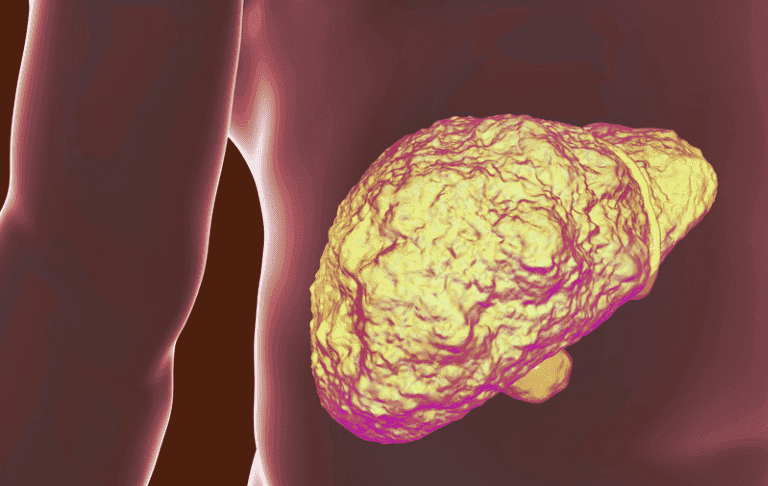Every day when you drink alcohol, you are damaging your liver, slowly but surely. Once this organ reaches a certain amount of damage, it can no longer be trusted to process all the toxins that alcohol produces. More importantly, this organ is where toxins that come from your fat and fat-soluble vitamins accumulate. When your liver cannot process these toxins, they build up in your fat tissue and can cause inflammation, which is an important part of the pathogenesis of a number of diseases like liver cirrhosis (chronic liver disease), fatty liver disease, fatty liver cancer, and even heart disease.
You have probably heard the saying that you should drink at least a glass of water after every alcoholic drink to get rid of the toxins your liver is struggling to process. This is because drinking alcohol can cause damage to your liver cells and this damage will accumulate over time if it goes untreated. Alcohol also dehydrates you, causing fatigue and other unwanted effects.
So, how do you cleanse your liver after a night of drinking? It depends on a few things:
Alcohol types: The more ‘hard’ alcohols there are in a drink, the greater its toxicity. Avoid drinks with over 1% alcohol content . Mixing different types of drinks can increase toxicity too – vodka + beer = bad news; e&j + beer = bad news.
Toxicity threshold: Each person has a different toxicity threshold. Generally, the more you drink in one night, the more your liver is damaged. Your toxicity threshold can also vary depending on how much food you have eaten, if you are taking any medication , or other health problems you may have. Based on this information, take note of how well your liver handled the alcohol and avoid doing it again until you know for sure that it can handle it. The liver’s ability to heal itself depends on its prior damage too – if your liver was healthy before drinking last night, then it will be better able to recover than someone with fatty liver disease .
Body size : Larger people sometimes need to drink less than smaller people because their livers are larger and can process toxins more quickly. You may need to drink less than you think because your liver is working just as hard to break down the alcohol, regardless of how big it is.
List of suggested drinks: Beer – 1% volume vodka – 40% volume wine – 10-15% volume whisky/rum/bourbon/dark rum – 45-50% volume tequila – 38-40% volume light rum – 35% volume gin – 37.5-40% volume.
Food : Have plenty of food before or after drinking if possible, as well as during. If you have eatenhol flush reaction: If you have eaten, your liver will send the alcohol to your stomach first where it will be absorbed by the food. Your body can handle this reaction better too because extra enzymes are produced in anticipation of processing alcohol after a meal.
Don’t ever drink on an empty stomach! Your liver has only one pathway for metabolizing ethanol – if no food is available, then all of that ethanol gets converted into fatty acids. Over time, these fatty acids build up and cause inflammation which leads to serious health problems including heart disease . Heart disease kills more Americans than anything else !
Alcohol causes dehydration not just because it flushes so much water out but also because it decreases thirst sensation . Keep this in mind when drinking and have some water regularly to prevent headache , fatigue, and other dehydration symptoms!
Know your limits : Know what your toxicity threshold is, keep track of how much you drank last night (and whether or not you felt like it was too much), and don’t do anything stupid. You can use this knowledge to make informed decisions about drinking in the future because nobody should ever feel forced to drink more than they are comfortable with. Your friends will understand if you want to go home early – good friends will never put pressure on you like that anyway (they know who they are). Be safe and enjoy yourself!
If you experience any of these symptoms please stop drinking immediately . If none of these seem familiar then be extra careful anyways because even if nothing happens, your liver still needs time to recover from the toxins it processed.
